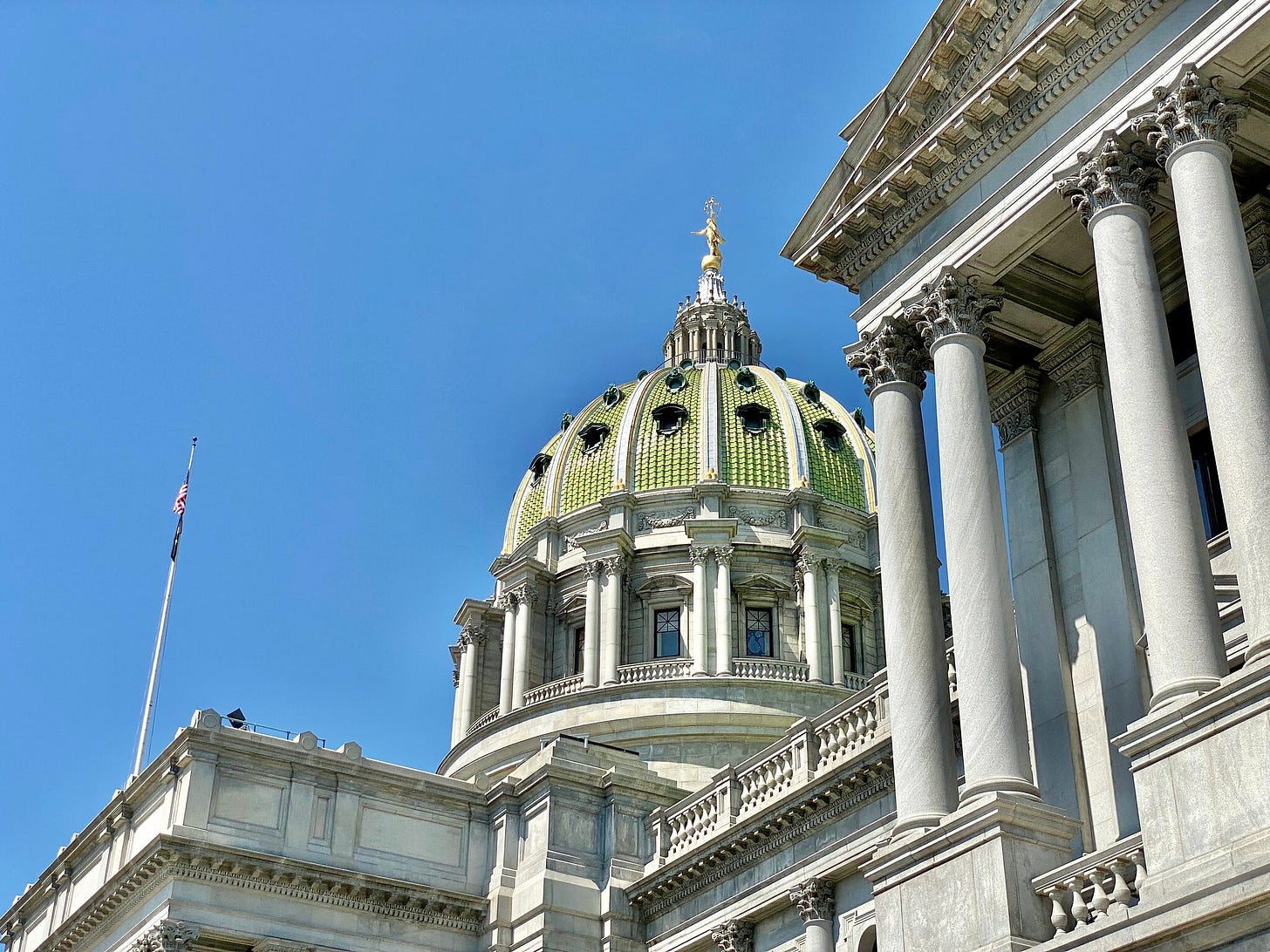Follow-up: UOCAVA lawsuits filed in swing states following rumors alleging insecurity in overseas voting processes
Rapid Research Note

In a September 23 Truth Social post, presidential candidate Donald Trump claimed without evidence that Democrats will commit election fraud through exploiting gaps in the processes that allow U.S. citizens living abroad to vote. Not long after, Republican groups filed three lawsuits challenging overseas voting policies in key battleground states: Michigan, North Carolina, and Pennsylvania.
UOCAVA, the Uniformed and Overseas Citizens Absentee Voting Act, enables U.S. citizens, including military personnel and their families, to vote while living abroad. As we wrote in a previous post, UOCAVA has become the subject of online rumors questioning the security of U.S. election systems since early September. In particular, these rumors fueled misconceptions about how eligibility to vote is verified for people who register through UOCAVA.
In Michigan and North Carolina, the Republican National Committee is suing state election officials alleging that their policies are improperly extending voter qualifications to registrants who should not be eligible to vote as residents of those states (i.e., children born overseas to parents who last resided in Michigan before living abroad). The Pennsylvania lawsuit takes a different approach, with a group of Republican congressmen alleging the Pennsylvania Department of State violated federal law by advising county election offices to waive voter ID requirements for overseas voters.
These lawsuits may not result in changes to rules or policies prior to November’s election, given they were filed so close to election day; one of the three Michigan lawsuits was dismissed on Monday, though the RNC is appealing the decision. In North Carolina, a judge denied a RNC request for an order that set aside UOCAVA voters’ ballots until eligibility could be confirmed, but expedited the preliminary injunction. Such legal actions can lend false credibility to claims that UOCAVA is used for mass non-citizen voting, undermining confidence in election integrity and potentially laying the groundwork to challenge election results. Therefore, it is essential to approach these claims with caution, as these lawsuits may lead to confusion and discourage people from voting if they believe their votes won’t be counted.
These lawsuits are part of a larger dynamic we observe whereby rumors and disinformation campaigns may serve to motivate legal action, inscribing the concern into public record and offering it a patina of legitimacy. The lawsuits themselves may further motivate new rumors.
Update 10/24 7:50 AM PST: Please note that this article was amended to reflect that the North Carolina case was not dismissed; a temporary restaining order was denied and the case was expedited.


